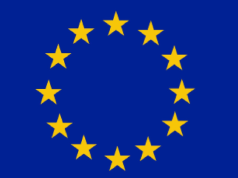Thailand, 29 February, 2023: Thailand is set to ban recreational marijuana use by the end of this year, while continuing to allow its use for medical purposes, according to the Health Minister in a Reuters interview. After becoming the first Southeast Asian country to legalize medicinal use in 2018 and recreational use in 2022, the cannabis industry has flourished with an estimated worth of up to $1.2 billion by the next year.
Critics argue that hastily implemented rules, adopted within a week of decriminalization, have led to the drafting of a new law. This law, expected to be in effect by year-end, is currently awaiting cabinet approval before heading to parliament for passage. The Health Minister emphasizes the need for regulation to prevent the misuse of cannabis, citing potential negative impacts on Thai children and the risk of leading to other drugs.
Under the proposed law, illegal cannabis shops will not be allowed to continue, and home-grown cannabis will be discouraged. The number of legally registered shops is estimated at 20,000. The new legislation classifies cannabis as a controlled plant, requiring permission for cultivation, with a focus on supporting it for the medical and health industry.
Penalties outlined in the draft law include fines of up to 60,000 baht ($1,700) for recreational use and jail terms for those selling cannabis for such use, along with penalties for advertisement or marketing of cannabis products. Stricter punishments for unlicensed cannabis farming, ranging from one to three years of imprisonment and fines from 20,000 baht ($560) to 300,000 baht ($8,000), are also proposed.
Import, export, cultivation, and commercial use of cannabis will require permits. The government, recognizing the economic benefits of the cannabis industry, plans to provide businesses with time to adjust to the new regulations. Legally registered shops can operate until their licenses expire, with the option to convert to legal cannabis clinics if they adhere to the new rules. The Health Minister assures that the new regulations will have no impact on tourism.















